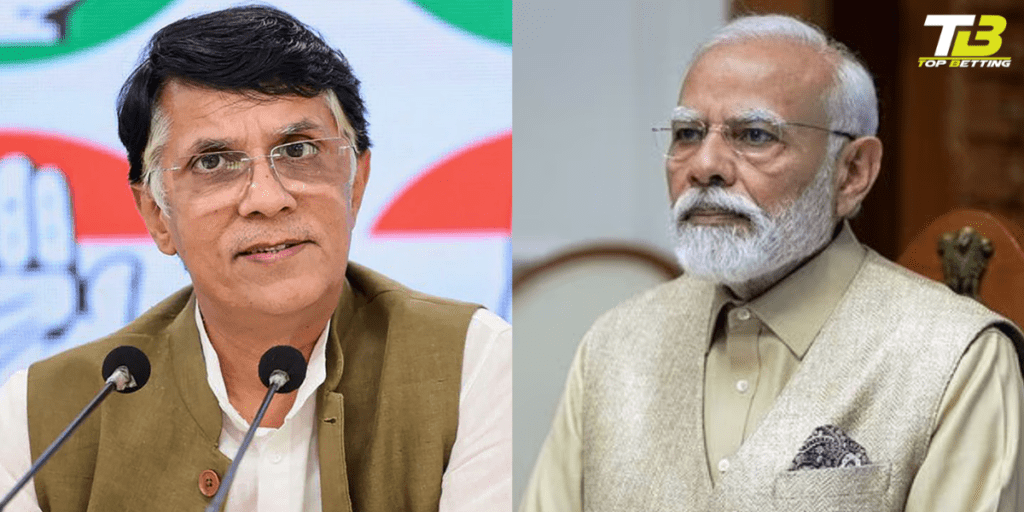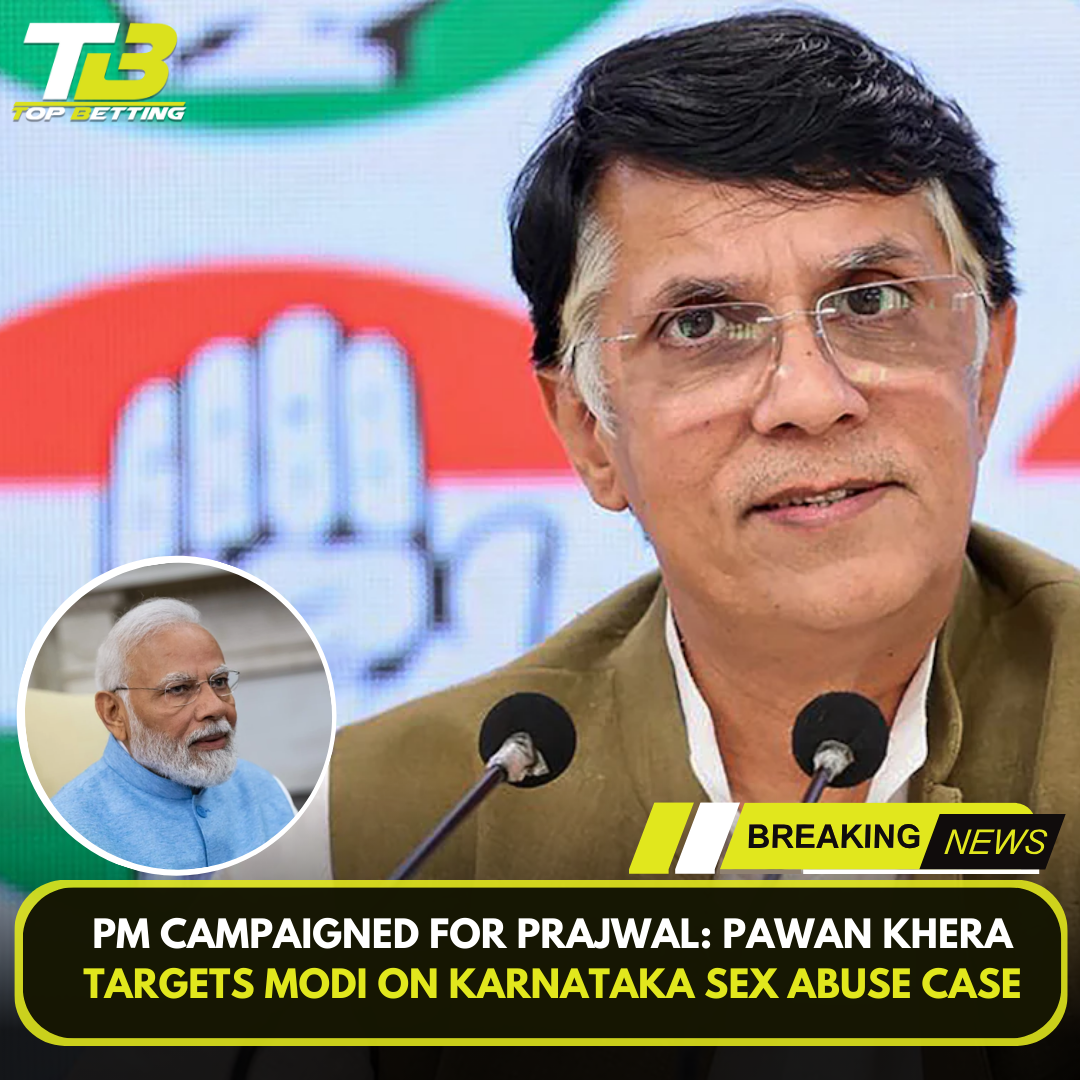
Pawan Khera targets Modi on Karnataka sex abuse case
In recent times, the political landscape in Karnataka has been rocked by a scandal involving allegations of sexual abuse. The case has taken a new twist as senior Congress leader Pawan Khera has targeted Prime Minister Narendra Modi for his association with the accused. In this article, we will delve into the details of the case, examine the allegations made by Khera, and analyze the political implications of the controversy.
Background of the Karnataka Sex Abuse Case
The scandal revolves around Prajwal Revanna, a member of the Janata Dal (Secular) party, who has been accused of sexual abuse. His father, H D Revanna, is a prominent politician and a former Chief Minister of Karnataka. The allegations against Prajwal have led to his suspension from the party.
Pawan Khera’s Criticism of Prime Minister Modi
Pawan Khera, a senior Congress leader, has launched a scathing attack on Prime Minister Narendra Modi for his association with Prajwal Revanna. Khera questioned the Prime Minister’s decision to campaign for Prajwal despite the serious allegations against him. He accused Modi of ignoring the concerns raised by his own party leaders and forming an alliance with the accused.
BJP’s Response to the Allegations
The Bharatiya Janata Party (BJP), the ruling party in Karnataka, has distanced itself from the scandal. Home Minister Amit Shah stated that the accusations against Prajwal involve incidents that “cannot be tolerated.” The BJP has called for a neutral probe into the matter and has pledged its support to the state government in conducting a thorough investigation.
Political Implications
The Karnataka sex abuse case has significant political implications, especially in the run-up to the upcoming elections. The alliance between the Janata Dal (Secular) and the BJP has come under scrutiny due to the allegations against Prajwal Revanna. Opposition parties, including the Congress, have seized upon the scandal to attack the ruling party and question the Prime Minister’s judgment.
Congress Manifesto and Promises
Pawan Khera’s emphasis on the Congress party’s manifesto reflects a strategy to showcase their agenda for tackling various forms of inequality and promoting economic opportunities. By highlighting commitments such as filling government vacancies and supporting young entrepreneurs, Khera aims to present the Congress as proactive in addressing key issues.
His criticism of the BJP’s manifesto, focusing on the absence of a detailed governance report card, underscores a desire for accountability and transparency in governance. This contrast between manifestos is part of the electoral discourse aimed at influencing voter perceptions and emphasizing policy priorities.
The BJP’s Defense
The BJP’s defense against Pawan Khera’s criticism focused on shifting the narrative towards its governance achievements and initiatives. By emphasizing women’s empowerment and rights, the BJP sought to redirect attention away from allegations against its leaders. However, Khera’s rebuttal highlighted the importance of addressing serious allegations against specific BJP figures.
This exchange underscores the broader political tactics of deflection and counter-accusations in electoral discourse. While the BJP sought to showcase its positive record on women’s issues, Khera’s response underscores the need for accountability and transparency regarding allegations against political figures. In electoral debates, such exchanges often reflect the ongoing struggle between parties to shape the narrative and frame the discourse to their advantage.
The Role of the Prime Minister
Pawan Khera’s questioning of the Prime Minister’s actions regarding Prajwal Revanna’s allegations underscores the importance of leadership accountability in political campaigns. Khera’s criticism suggests a concern for ethical standards and the implications of political endorsements.
The role of a Prime Minister involves not only governance but also setting a moral example for the nation. If serious allegations are made against an individual, especially in the context of criminal offenses or misconduct, it is indeed pertinent for leaders to exercise discretion in their associations. By campaigning for someone facing such accusations, the Prime Minister’s judgment and leadership come under scrutiny.
Khera’s doubts about the Prime Minister’s awareness of these allegations raise broader questions about the information flow within the government and the Prime Minister’s circle of advisors. Leadership entails staying informed and making decisions based on comprehensive knowledge. If the Prime Minister was indeed unaware of the seriousness of the allegations against Revanna, it could indicate lapses in communication or information dissemination within the government machinery.
In democracies, citizens rightly expect transparency and accountability from their leaders. Therefore, criticism like Khera’s serves as a reminder of the ethical responsibilities that come with holding high office. Leaders must navigate the delicate balance between political alliances and maintaining public trust and integrity.

Conclusion
The Karnataka sex abuse case has brought to light the complex web of politics and scandals. Pawan Khera’s criticism of Prime Minister Modi’s association with the accused has added fuel to the fire. As the controversy continues to unfold, it remains to be seen how it will impact the upcoming elections and the political landscape in Karnataka. The allegations and counter-allegations will undoubtedly shape public opinion and influence voter decisions.











